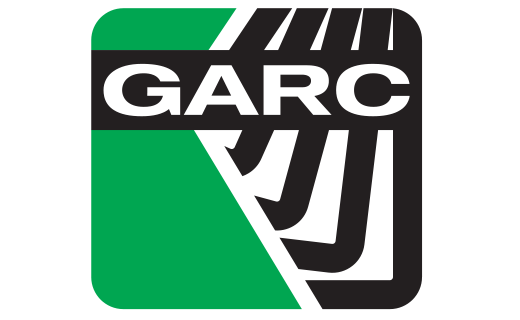

Garc SpA SB

Emilia-Romagna, Italy
April 2020
Design & building
Service with Significant Environmental Footprint
Italy
GARC People, environment, technology. Re-constructing the environment through the design of buildings that interact in a positive relationship with the context and services based on the evolution of technology. The power of the local community as a custodian of knowledge of places and potential fulcrum on which to build and spread environmental, social and corporate culture. It was born in 1975 as a construction company and has evolved over time by elevating its role as Main Contractor, adding new skills and a specialization in the construction of complex works to innovative services that have allowed it to establish itself by enhancing the extraordinary human and professional heritage of which It has. Its core business is strongly defined in the idea of building buildings for the industrial and manufacturing sector, realizing infrastructure works of urbanizations, systems and technological networks, and developing their real estate projects by constructing buildings of the highest quality and optimizing their energy needs. In over 40 years of activity, he has learned to make synergy a value, a bond with a secure hold, which takes the form of the once unknown link between quality of construction and respect for the environment.
Overall B Impact Score
Governance 17.4
Governance evaluates a company's overall mission, engagement around its social/environmental impact, ethics, and transparency. This section also evaluates the ability of a company to protect their mission and formally consider stakeholders in decision making through their corporate structure (e.g. benefit corporation) or corporate governing documents.
Workers 24.8
Workers evaluates a company’s contributions to its employees’ financial security, health & safety, wellness, career development, and engagement & satisfaction. In addition, this section recognizes business models designed to benefit workers, such as companies that are at least 40% owned by non-executive employees and those that have workforce development programs to support individuals with barriers to employment.
Community 22.9
Community evaluates a company’s engagement with and impact on the communities in which it operates, hires from, and sources from. Topics include diversity, equity & inclusion, economic impact, civic engagement, charitable giving, and supply chain management. In addition, this section recognizes business models that are designed to address specific community-oriented problems, such as poverty alleviation through fair trade sourcing or distribution via microenterprises, producer cooperative models, locally focused economic development, and formal charitable giving commitments.
Environment 39.3
Environment evaluates a company’s overall environmental management practices as well as its impact on the air, climate, water, land, and biodiversity. This includes the direct impact of a company’s operations and, when applicable its supply chain and distribution channels. This section also recognizes companies with environmentally innovative production processes and those that sell products or services that have a positive environmental impact. Some examples might include products and services that create renewable energy, reduce consumption or waste, conserve land or wildlife, provide less toxic alternatives to the market, or educate people about environmental problems.
Customers 3.5
Customers evaluates a company’s stewardship of its customers through the quality of its products and services, ethical marketing, data privacy and security, and feedback channels. In addition, this section recognizes products or services that are designed to address a particular social problem for or through its customers, such as health or educational products, arts & media products, serving underserved customers/clients, and services that improve the social impact of other businesses or organizations.